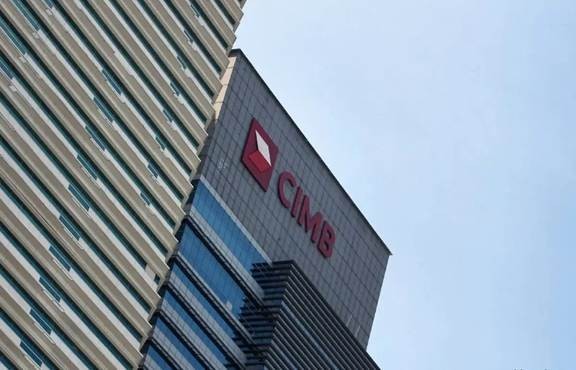
KUALA LUMPUR (June 18): Probability of defaults among small and medium enterprises (SMEs) is likely to increase following the impact of US reciprocal tariffs, potentially pushing up credit costs for the banking sector, CIMB Securities has cautioned.
Credit costs refer to provisions that banks set aside to cover potential bad loans.
While direct trade-related loans remain minimal — accounting for just 1% to 4.7% of total loans across banks under coverage — CIMB said that spillover effects from weakening trade could strain SME suppliers and vendors along the supply chain.
The SME segment, which makes up about 16.5% of total bank loans, could be the first to feel the pressure, the research house said in a note on Wednesday.
Assuming the probability of default for SME loans increases from 4.5% to 6%, estimated credit losses could rise by 75 basis points (bps) for this segment. This, in turn, could result in a 12 bps increase in overall sector credit costs.
Nevertheless, CIMB said the projection remains within its earlier assumption of a 15 bps increase in credit costs. As such, it is maintaining its forecast and ‘neutral’ sector rating.
Despite the cautious view, the house retained 'buy' calls on Alliance Bank Malaysia Bhd (KL:ABMB), Public Bank Bhd (KL:PBBANK), and RHB Bank Bhd (KL:RHBBANK), citing attractive dividend yields.
CIMB also highlighted potential upside risks, including lower-than-expected credit losses, stronger net interest margins, and gains from non-interest income.
Key downside risks, meanwhile, include higher funding costs, liquidity outflows, and a sharper deterioration in asset quality.
Source: https://theedgemalaysia.com/node/759413

